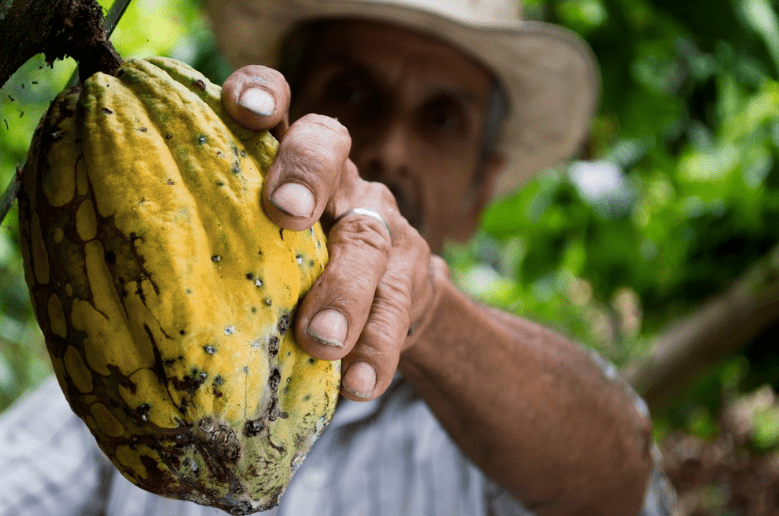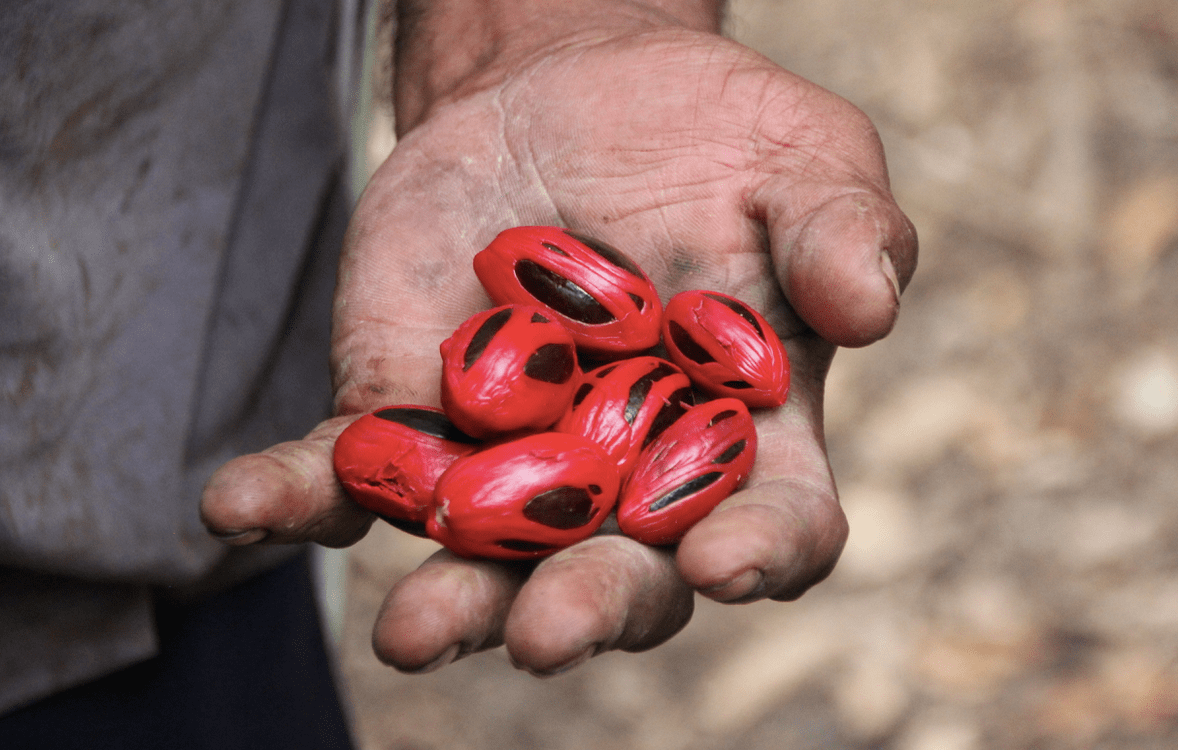Traps That Destroy Inclusive Businesses
Designing an inclusive business is tough – there are so many things that need to go right in order to succeed over the long term.
If it were easy, then there would be no extreme poverty.
The reason these businesses don’t exist is because there are challenges built into their environments, such as a lack of roads, limited market access, poor soil or cultural resistance.
Fortunately, if we learn to recognize the traps that destroy the business, we can defend against them.
Here are eight of the biggest dangers, and how you can address them.
Logistics
Moving a tonne of anything is difficult in the developing world.
You need roads, trucks, scales, warehousing and a consistent temperature.
Sure, it’s possible to overcome almost any challenge if you throw enough money at it, but a sustainable business requires low operating costs and a reliable supply chain.
If you are potentially facing long delays when containers get held up in ports, or it costs a lot to transport raw materials to a factory, then you’ll need to work with suitably high value crops.
For example, if your product is only worth cents per kilogram, then logistics suddenly take up a huge portion of your costs.
It also rules out certain crops, like those which require non-stop refrigeration.
Finally, it’s expensive to transport several tonnes of water – if you can dry a product before transporting it then you get a higher price from the buyer, and can fit more crops in each delivery.
Currency fluctuations
In the past few months, the Papua New Guinean currency (the Kina) has dropped from US40c to US32c.
That might not be an exciting piece of news to you, but to a business that’s a big swing – a 20% drop.
As exporters, that means that we receive 20% more money for our produce, since the world price is measured in US dollars.
Vice versa, our farmers now earn comparatively less – it takes more Kina to equate to our target US$1,000 per household.
Every time a currency changed by more than 10%, someone will be upset.
Maybe your business benefits, maybe it suffers.
But it’s worth examining how sensitive your financials are to changes in currency conversions – it might be worth locking in a rate you can rely on.
Monopsony
You’re probably familiar with a Monopoly, which is where there’s only one seller in the market, who can set whatever price they like.
A Monopsony is similar – where there’s only one buyer in the market and many sellers.
They too have the power to set prices, and make good profits without needing to compete.
This is dangerous for a few reasons – it means that the relationship with your buyer becomes incredibly important.
They can dictate trade terms, and if they suddenly decide to move away from your company then there’s not much you can do about it.
We had this happen recently – our major buyer implemented a “Local Only” policy and no longer purchased flour from our inclusive business.
Our team had not done anything wrong, and we were suddenly scrambling to find alternate types of customers while our stockpiles built up to unhealthy levels.
For this reason, it’s worth growing a crop that has multiple uses or at least multiple offtake partners – it keeps both parties competitive.
Corruption of management
I’m not sure how to describe this in a politically correct way.
In most parts of the world, corruption is a part of life.
Even Australia is not immune, there is no shortage of examples of where people in power make decisions for personal gain rather than the benefit of their employer.
Whilst there is no “acceptable level” of corruption, there’s certainly a point where it becomes a dealbreaker.
If the management of the business are stealing from the business, inflating invoices to take a cut for themselves or fraudulently reporting income, then the business won’t be able to grow.
As such, our approach is to create a transparent governance structure, designed to minimise any chances of conflicts of interest, and to track how money moves throughout the business.
It’s also why we don’t have individual shareholders and dividends – so that no individual stands to unfairly benefit at the expense of the enterprise.
Sabotage from competitors
Sabotage is ugly, and very real.
If you’re making money, you will have competitors.
They’ll try to steal away your suppliers, slander your name and break your machinery.
If you talk to any practitioner they’ll have horror stories of simple dirty tricks that set them back a long way.
We once had one where a rival snuck onto our boat and poured lacquer into our brand new engine – costing us $20k and a week out of the water.
This can be addressed through security and insurances, but mainly through vigilance – if you anticipate it, you have the best chance of preventing it.
Farmer Indifference
Google and Excel can forecast what a farmer can earn, but that doesn’t translate neatly into the real world.
When we make assumptions about what a household will earn, we unintentionally bake in a lot of cultural factors that aren’t a given.
For example, the notion of a full time job, a 40-hour week, maximising your income, saving for the future, striving to earn more than your neighbour – these are by no means guaranteed.
If farmers aren’t excited by the story of your new business, they won’t give you 100%.
That means low yields, overgrown crops, poor post-harvest management, and production shortfalls.
This isn’t a charity, it’s a job being offered to members of a community, and they can each choose to accept or reject the offer.
You can’t force passion; farmers are either enthusiastic about caring for their harvests or they’re not.
What you can do is to give them the best chance of staying motivated, by employing farmer support workers, delivering training and check-in sessions, and by encouraging each farmer to take the right actions at the critical times.
Government interference
While most inclusive businesses are welcomed by local governments, there needs to be a clear acknowledgement of who is in charge.
An upset government is a terrible adversary, able to create new taxes, laws and penalties if they believe this business is detrimental to community welfare.
Inclusive businesses are win-win for a local economy, but it often takes some explanation to fully process how it will work, and how negative side-effects will be remedied.
Then there’s the issue of pride – no government wants to feel like they’ve been outdone by some upstart foreigner, so this needs to be a humble partnership that preserves everyone’s dignity.
Any new plans for an inclusive business should be taken in consultation to the government, so that they understand the intent and benefits of the proposal.
Not only does this remove resistance, it may even lead to further assistance and concessions in the future.
Protests by the community
Sometimes perception is reality.
If the community believes there is unfair or corrupt business practices being committed by an inclusive business, then they’ll do everything in their power to shut it down.
Whether or not the grievance is accurate is almost irrelevant – shutting down a business or project is costly.
For our partners in PNG, disruption and protests can cost millions of dollars every day, so it makes financial sense to ensure that everyone is happy.
Unfortunately, where there’s smoke there’s often fire, so it’s worth investigating the complaint thoroughly.
Patterns of behaviour are hard to change once established.
For this reason, it’s important to design an inclusive business that is self-sustaining, rather than one built on the basis on grants and handouts.
Otherwise, what started out as generosity soon becomes expected, and everyone walks away feeling resentful and mistreated.
These traps shouldn’t be demoralising – if we’re conscious in avoiding them, the rest of the business becomes relatively straightforward.
As practitioners, our team is still learning about these dangers, and constantly creating new workarounds to ensure that a new project runs smoothly.
That’s what makes this work compelling – if we do our jobs well then the idea can work, and if we’re complacent then it probably won’t.
It’s this mix of wariness and optimism gets us out of bed in the morning.












